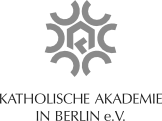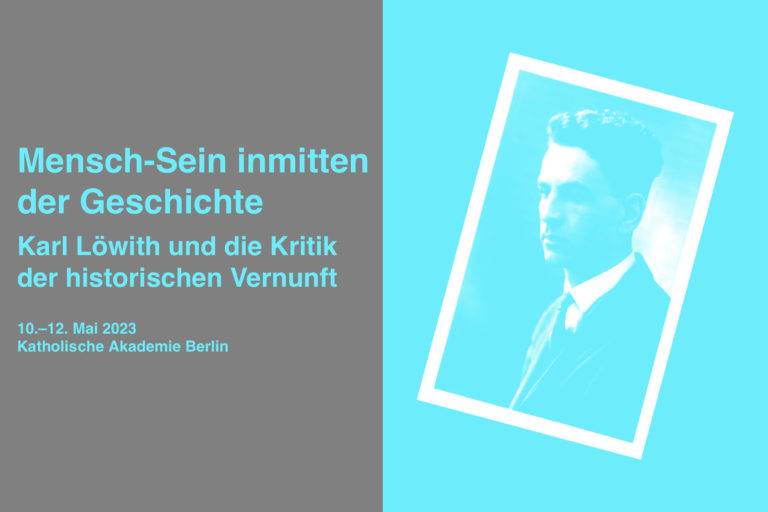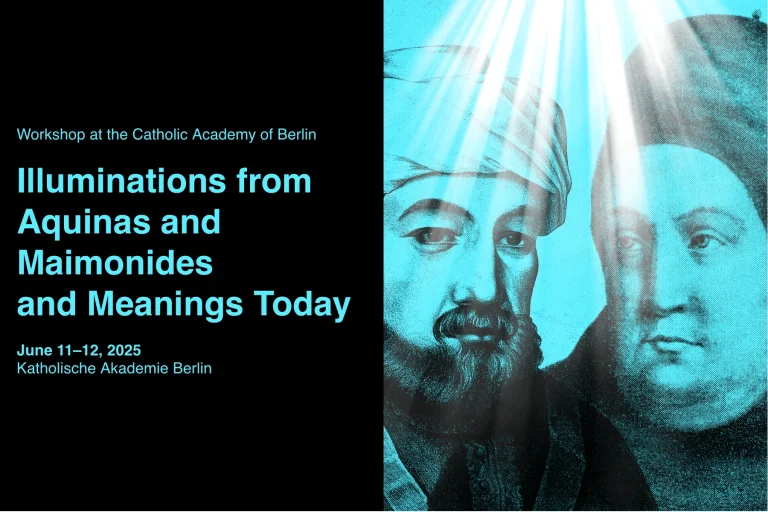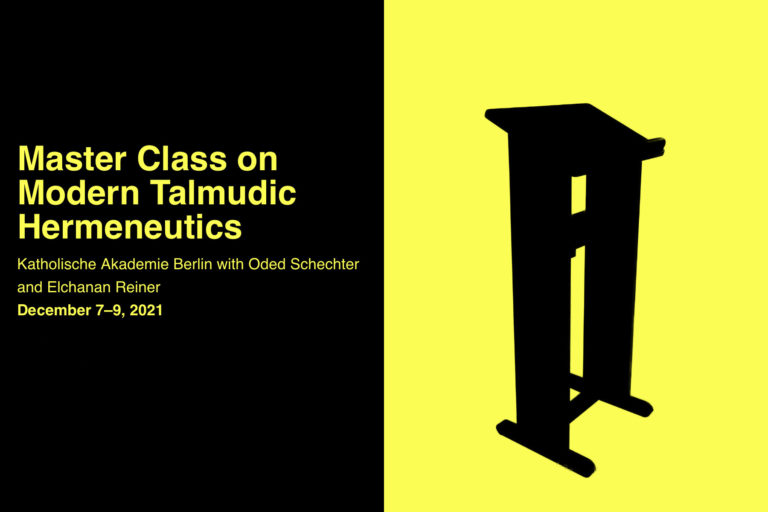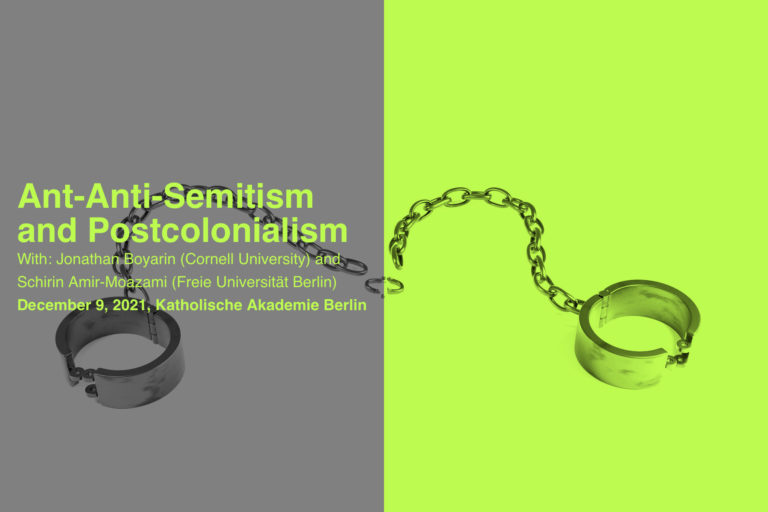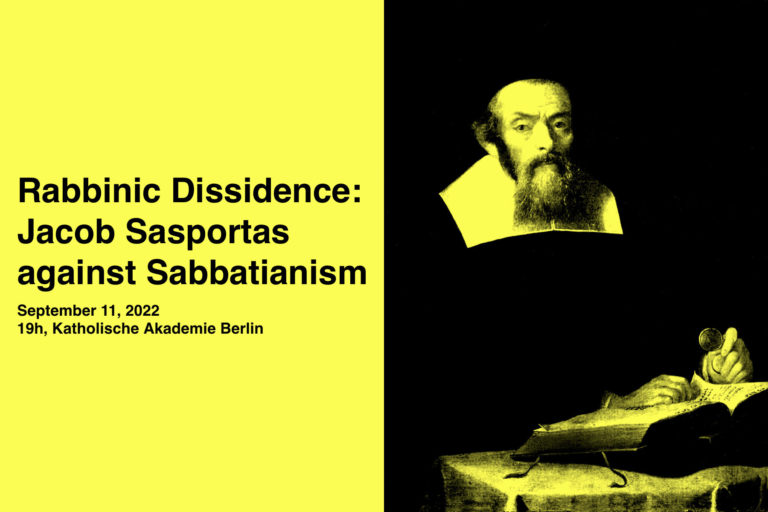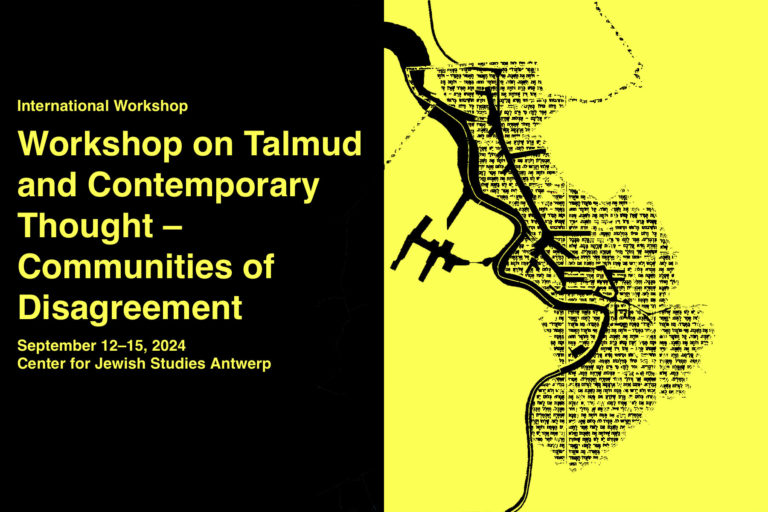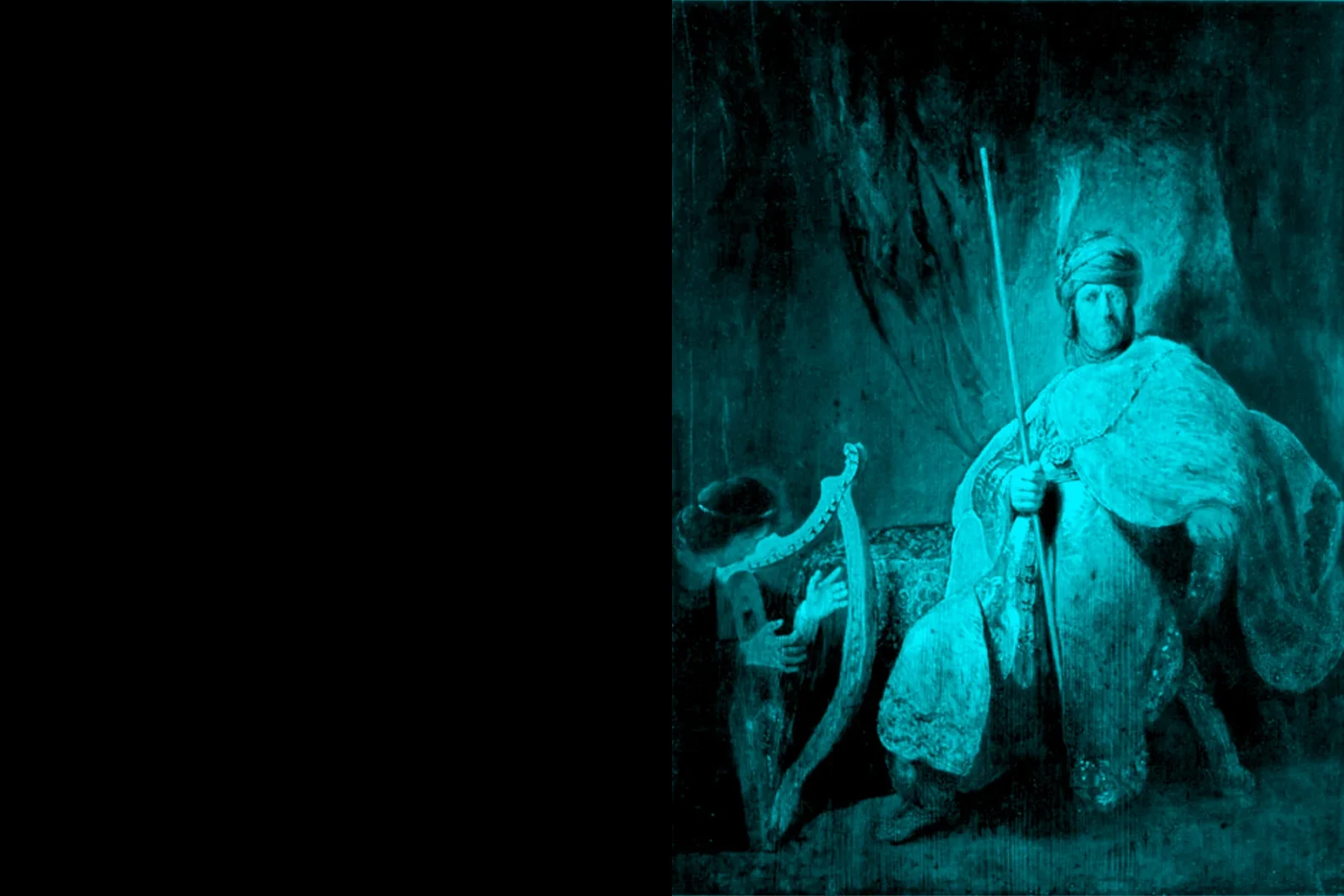
Workshop, Books of Samuel
Kingdom, Prophecy, Poetry:
Sovereignty, in the Name of God
July 2–3, 2025
Katholische Akademie Berlin
Rembrandt: David spielt die Harfe vor Saul, via Wikipedia Commons
The event is called off.
Kingdom, Prophecy, Poetry: Sovereignty, in the Name of God
Books of Samuel, Workshop
July 2–3, 2025
Katholische Akademie Berlin
The Books of Samuel provide us with major biblical tales of sovereignty – the founding of the ancient Kingdom of Israel, being associated with counter-acts of prophecy, revelations and rituals, while interrupted by poetic acts of singing of praise and lament. It is, however, a permanent state of war, endless battles, hostilities and acts of violence that serve as a substance for the emergence of the ancient political sovereignty of Israel, being sworn in the Name of God.
Our main quest is to investigate the form and matter, the conceptions and narrations of the ancient Kingdom of Israel as being told in the Books of Samuel, while dealing with affinities, tensions and interrelations, doublings and mirroring of the King as a Prophet, a War-Machine and a Poet. The workshop, while committed to acts of close-readings and to canonical tropes of the biblical exegeses, discusses also adaptations, receptions, and inversions of these tropes and plots in Jewish and European thought and in world-Literature.
Organisation
Galili Shahar (Tel Aviv University)
Elad Lapidot (University of Lille/The Berlin Center for Intellectual Diaspora)
Cooperation
Program
| July 2, 2025 | |
| 10:45 | Introduction |
| 11:15–12:00 | Ilana Pardes: David’s Inner Court: The Plea of the Wise Woman of Tekoa |
| 12:00 | Lunch |
| 13:30–14:15 | Uri S. Cohen: The Caput in Decapitation: Samuel and the art of Severed Heads |
| 14:15–15:00 | Vered Shemtov: When David Wept: Grief, Rage, and Kingship in the Books of Samuel |
| 15:00 | Coffee Break |
| 15:30–16:15 | Elad Lapidot: A Prophet is not without Honor except in His Own Town: On Prophecy and Exile |
| 16:15–17:00 | Lilach Netanel: Kingdoms of Ruin: On the Hebrew-Yiddish Trauerspiel Kingdom of Saul |
| 19:00 | Dinner |
| July 3, 2025 | |
| 10:00–10:45 | Charlotte Elisheva Fonrober: The Transgressive Monarch: On the Original Sin of the Israelite Monarchy |
| 10:45–11:30 | Menachem Lorberbaum: The Political in ancient Israel (Following 1 Samuel 8) |
| 11:30–12:15 | Amir Engel: Anarchy and Dictatorship: Reading Martin Buber, Reading Shmuel |
| 12:15 | Lunch |
| 14:00–14:45 | Dina Berdichevsky: Rizpah’s Letter: Sacks, Pockets, and Symbolic Acts upon the Sovereign’s Fabric |
| 14:45–15:30 | Galili Shahar: A War-Machine, Poetry, A Kingdom to Come |
| 15:30–16:00 | Samaul: A Reading |
Participants
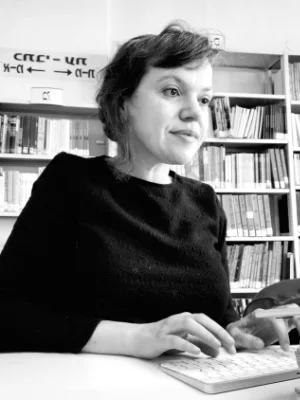
Dina Berdichevsky is a scholar of modern Hebrew and Russian literatures and teaches at Tel Aviv University. Author of To the Water: Yosef Haim Brenner and the Days of Early Hebrew Modernism (Hebrew, 2023, Magness Press). Her current research project, titled Immediations: Towards a Poetics of the Hebrew Language of Experience, 1900 – 1914 explores the transformative period of Hebrew modernism by analyzing the emergence of the modern Hebrew “glossary of experience”. Parts of this research have been published in the Comparative Literature (CL) journal, Dibur Literary Journal and Partial Answers.
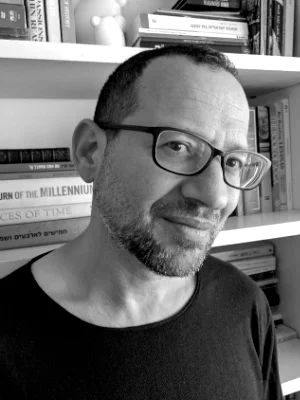
Uri S. Cohen teaches Literature at Tel Aviv University and is the head of the Porter Institute of Poetics. His main research areas include modern Hebrew literature, Italian literature with a particular focus on the works of Primo Levi, and studies in the culture of war. He has previously taught at Columbia University and currently serves as a co-editor of the academic journal “Ot“.
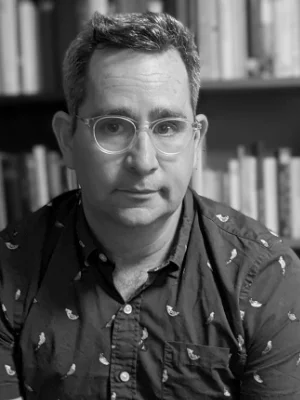
Amir Engel is a professor at the German department at the Hebrew University of Jerusalem. He is currently also a visiting professor at the Faculty of Theology at Humboldt University in Berlin. He specializes in the nineteenth and twentieth centuries’ German, Jewish, and Christian cultural and intellectual history. His scholarship concerns the relation between aesthetics, modern Western spirituality, and politics. His first book Gershom Scholem: an Intellectual Biography came out in 2017. He also published essays about Hannah Arendt, Paul Celan, Martin Buber, Jacob Taubes, Salomon Maimon, and others. His second book manuscript, temporarily titled The Politics of Spirituality: Jewish Mysticism, Christian Spirit, and the German Nation will be published next year.
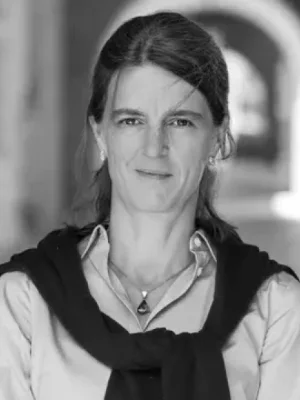
Charlotte Elisheva Fonrobert specializes in Judaism: talmudic literature and culture. Her interests include gender in Jewish culture; the relationship between Judaism and Christianity in Late Antiquity; the discourses of orthodoxy versus heresy; the connection between religion and space; and rabbinic conceptions of Judaism with respect to Greco-Roman culture.
She is the author of Menstrual Purity: Rabbinic and Christian Reconstructions of Biblical Gender (2000), which won the Salo Baron Prize for a best first book in Jewish Studies of that year and was a finalist for the National Jewish Book Award in Jewish Scholarship. She also co-edited The Cambridge Companion to the Talmud and Rabbinic Literature (2007), together with Martin Jaffee (University of Washington).
Currently, she is working on a manuscript entitled Replacing the Nation: Judaism, Diaspora and the Neighborhood. Charlotte is Associate Professor, by courtesy, of Classics and of German Studies.
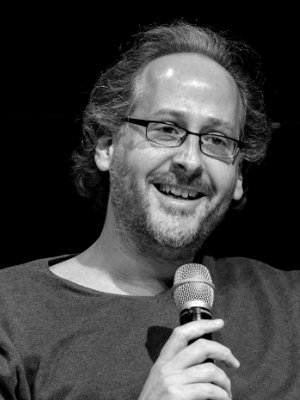
Elad Lapidot is professor for Culture Studies at the University of Lille, France. He specializes in philosophy, Jewish thought and Talmud and was teaching at the University of Bern, Switzerland, the Humboldt Universität Berlin and the Freie Universität Berlin. His work is guided by questions concerning the relation between knowledge and politics. Among his publications: Jews Out of the Question. A Critique of Anti-Anti-Semitism (SUNY Press, 2020), Hebrew translation with introduction and commentary of Hegel’s Phänomenologie des Geistes, Vol. 1 (Resling, 2020), Heidegger and Jewish Thought. Difficult Others (Rowman & Littlefield, 2018), and Etre sans mot dire : La logiqe de ‘Sein und Zeit’ (Zeta Books, 2010).

Menachem Lorberbaum is Professor of Jewish Philosophy at Tel Aviv University. He chaired the Graduate School of Philosophy and the Department of Jewish Philosophy at TAU (2004) and was the founding chair of the Department of Hebrew Culture Studies (2004-2008). A founding member of the Shalom Hartman Institute, Jerusalem, Prof. Lorberbaum headed its Bet Midrash program.
Prof. Lorberbaum has published a study of Hassidism as a model of Jewish religious revitalization in early modernity, Before Hassidism (Bialik Institute 2022). His work in first-order Jewish Theology, I Seek thy Countenance was published by Carmel, Bar-Ilan and the Hartman Institute (2021). He is author of Politics and the Limits of Law (Stanford 2001; Hebrew: 2006) and We are Dazzled by His Beauty (Hebrew, Ben Zvi Institute 2011). Together with Professors Michael Walzer of Princeton and Noam Zohar of Bar-Ilan he is a senior editor of the Jewish Political Tradition series (vol 1 “Authority,” Yale University Press 2000, Hebrew: 2007; vol. 2 “Membership,” Yale University Press 2003, Hebrew: 2018; vol. 3 “Community,” Yale University Press 2018).
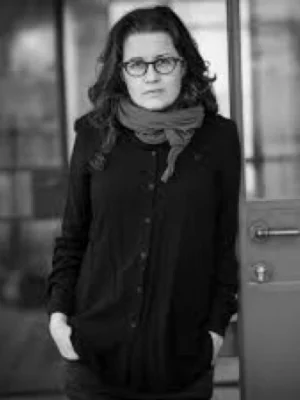
Lilah Nethanel is an Israeli writer and scholar, and a Senior Lecturer in the Department of Literature at Bar-Ilan University. Her research focuses on the history of modern Hebrew and Yiddish literature. Together with Youval Shimoni, she edited David Vogel’s lost novel Wiener Romanze (Aufbau Verlag, 2013). Her recent publications include Hebraïsche Schreibkultur in Europa (Simon-Dubnow Institute, Vandenhoeck & Ruprecht, 2021) and an essay on the events of October 7th and the war, published in 7. Oktober: Stimmen aus Israel (Leo Baeck Institute & Suhrkamp).
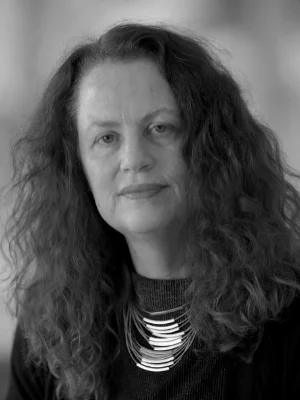
Ilana Pardes is the Katharine Cornell Professor of Comparative Literature at the Hebrew University of Jerusalem. She is the author of Countertraditions in the Bible: A Feminist Approach (Harvard University Press, 1992), The Biography of Ancient Israel: National Narratives in the Bible (University of California Press, 2000), Melville’s Bibles (University of California, 2008); Agnon’s Moonstruck Lovers: The Song of Songs in Israeli Culture (The Samuel and Althea Stroum Lectures in Jewish Studies, University of Washington Press, 2013), The Song of Songs: A Biography (Lives of Great Religious Books, Princeton University Press, 2019) and Ruth: A Migrant’s TaleYale University Press, Jewish Lives series 2022).
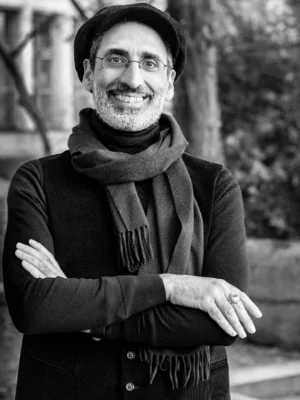
Galili Shahar is a Professor of Comparative Literature at Tel Aviv University, the Marcel Reich-Ranicki Chair for German Literature, currently visiting professor at Humboldt University in Berlin. He teaches German, Jewish, Hebrew and Persian literatures. From 2013 to 2020 he served as the director of the Minerva Institute for German History at Tel Aviv University; 2020 to 2023 as the head of School of Cultural Studies. In 2020 he was appointed as the chairman of the Leo Baeck Institute for the Study of German-Jewish History and Culture in Jerusalem.
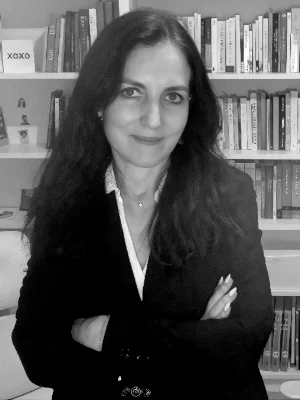
Vered Karti Shemtov teaches Hebrew and comparative literature in the Department of Comparative Literature at Stanford University. She serves as the current Faculty Director of the Taube Center for Jewish Studies and is the founder and Editor-in-Chief of “Dibur“, a peer-reviewed journal. She has participated, edited and co-edited several collections of essays, including Form, Rethinking the Representation of Speech in Literature, History and Responsibility After 1948, Vision of the future in literature, with Charlotte Elisheva Fonrobert —who is also here—Jewish Conceptions and Practices of Space and many more. Her work presented here is part of an ongoing collaboration with Uri Cohen on the Books of Samuel.
Shemtov’s publications also include the book Changing Rhythms: Towards a Theory of Prosody in Cultural Context. She is currently working on a book exploring the concept of poetic rage.





